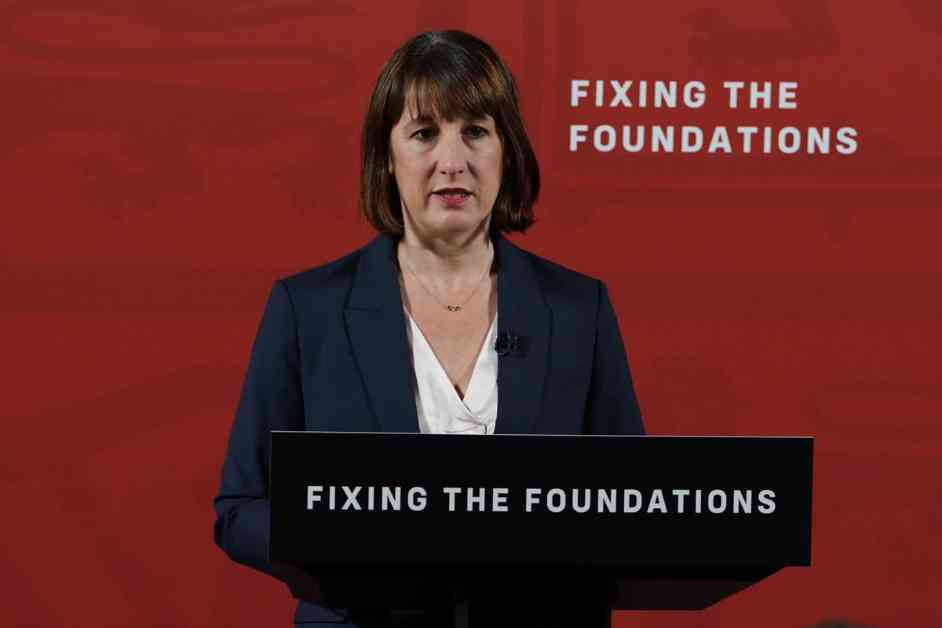Chancellor Rachel Reeves is gearing up to present her Autumn Budget in two months, where she is expected to announce tax increases and spending cuts. The Labour politician, who took on the role of Chancellor of the Exchequer in July, is facing the challenge of managing a significant shortfall in public spending. The Office for National Statistics (ONS) recently revealed that public sector net borrowing has surged to £3.1bn, a substantial increase from the previous year. This alarming statistic may prompt Ms. Reeves to introduce new taxes to address the growing deficit. In a bid to save funds before the budget, she has already announced plans to reduce winter fuel payments. Reflecting on this decision, Ms. Reeves stated, “This is not a decision I wanted to make nor is it the one that I expected to make, but these are the necessary and urgent decisions that I must make.”
Autumn Budget Overview
The Autumn Budget, also known as the Autumn Statement, serves as an official address in which the Chancellor provides updates on the state of the economy to Parliament. During this speech, the Chancellor may also touch upon potential tax adjustments and spending reductions. Following the announcement, Members of Parliament (MPs) in the House of Commons have the opportunity to question Ms. Reeves about the proposed measures. Subsequently, she is likely to hold a press conference to elaborate on the details of the budget. This process mirrors the Spring Budget, which is a more comprehensive fiscal statement outlining the nation’s financial strategies and expenditures.
Key Dates and Details
The Autumn Budget for 2024 is scheduled to take place on Wednesday, October 30th. Typically, the speech is delivered immediately after Prime Minister’s Questions (PMQs), around 12:30 pm local time. The duration of the address usually spans approximately an hour. Given Ms. Reeves’ firm stance on financial matters since assuming office in July, there is anticipation surrounding the content of her forthcoming budget. While the specifics of her proposals remain under wraps until the official announcement, initial speculations point towards a potential increase in capital gains tax and a reluctance to amend the contentious two-child benefit tax. A source familiar with the matter informed the Guardian, “We don’t accept the positive economic inheritance line, given the decade that went before — but regardless, nothing in the recent data can offset the scale of the black hole in the public finances we’re looking at.”
Post-Budget Implications
The aftermath of the Autumn Budget is contingent upon the nature of the announcements made by Ms. Reeves. Should she introduce tax-related policies, Parliament may need to enact corresponding legislation to implement the changes. Conversely, if there are no substantial alterations proposed, no further action will be required post-statement. As the nation awaits the unveiling of the Autumn Budget, the economic landscape remains uncertain, with stakeholders eagerly anticipating the Chancellor’s fiscal directives.












